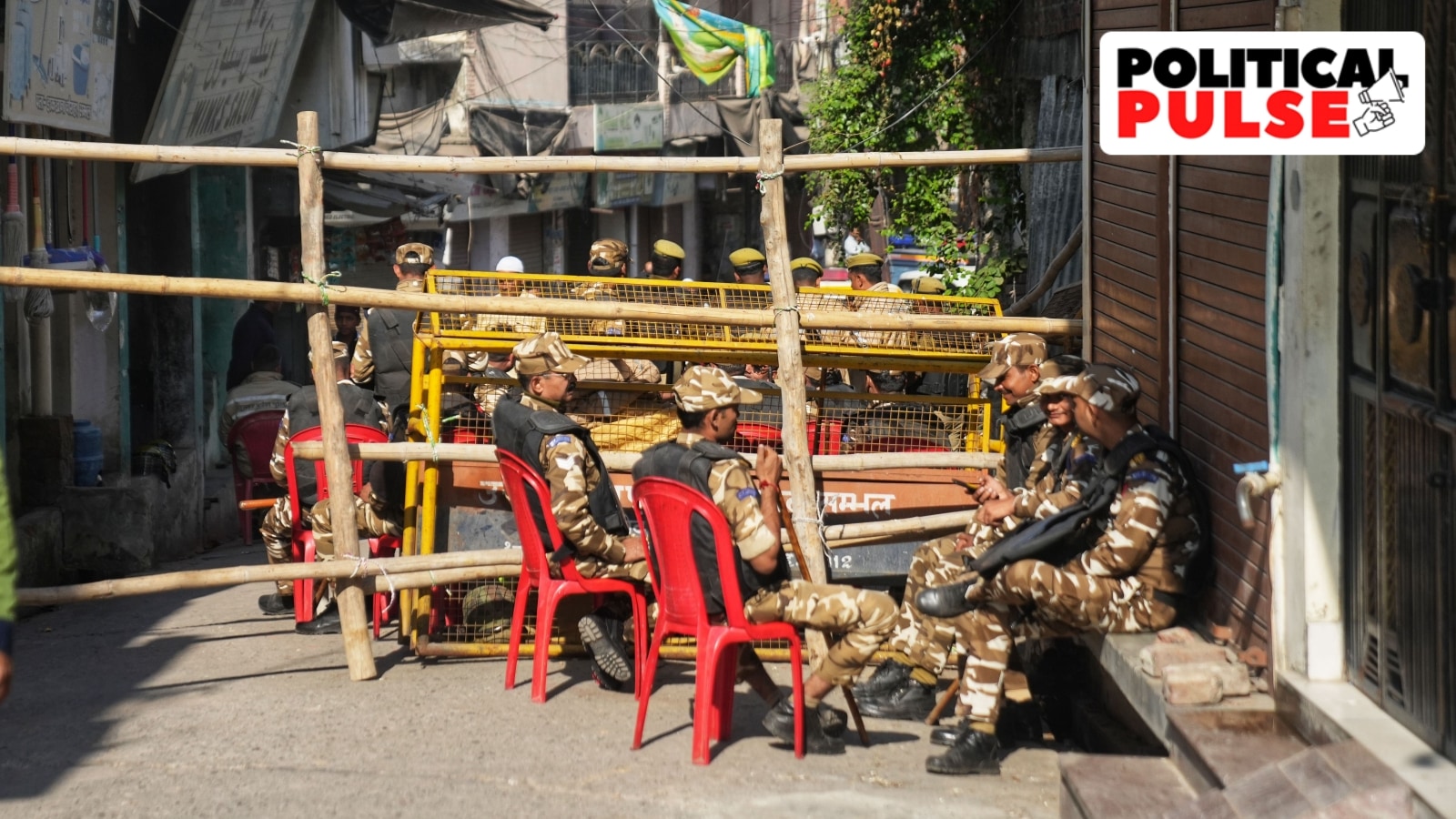 |
|
The recent crackdown on power theft in Sambhal, Uttar Pradesh, has ignited a firestorm of controversy, highlighting the complex interplay between political maneuvering, religious sensitivities, and the state's ongoing struggle against electricity pilferage. The intensity of the raids, particularly their focus on religious institutions in the already volatile atmosphere following violence at an ancient mosque, has raised concerns about targeted actions and political motivations.
The Uttar Pradesh government, under Chief Minister Yogi Adityanath, has launched a wide-ranging campaign to curb electricity theft, citing alarmingly high line losses in certain areas, particularly Sambhal, where losses exceeded 75%. This campaign, framed as a necessary measure to protect state resources, has resulted in significant actions against individuals and institutions, including the prominent Samajwadi Party MP, Zia Ur Rehman Barq, who faces a substantial fine and potential property seizure due to alleged electricity theft. The disconnection of electricity supply to his residence, along with the booking of his father for allegedly threatening power officials, underscores the seriousness with which the government is pursuing this initiative.
The campaign’s expansion to other districts within the Moradabad division, encompassing a directive to inspect electricity meters across all religious sites—temples, mosques, gurdwaras, and churches—further underlines the government’s comprehensive approach. While authorities maintain this is a routine, ongoing effort intensified in high-loss areas, the timing and location of these inspections, particularly in the aftermath of the Sambhal mosque survey violence, raise questions about the extent to which these actions are genuinely aimed at curbing theft or are influenced by political considerations. The deployment of police during raids in densely populated areas, coupled with the use of drone cameras to identify unauthorized connections, suggests a level of intensity beyond routine inspections.
The reactions to the campaign have been sharply divided. While the BJP defends the actions as necessary and points to the MP's alleged involvement as evidence of the pervasiveness of the problem, the Samajwadi Party, along with local leaders, alleges that the campaign is politically motivated, targeting Muslim-dominated areas disproportionately. This claim is further fueled by the fact that the campaign has intensified following the mosque survey violence, leading to accusations of using the power theft drive as a tool to further a political agenda. The assertion that the actions against the MP, a prominent political figure from a well-known family, are unfair and lack justification reinforces these concerns.
The contrasting narratives highlight the challenges in separating legitimate concerns about power theft from politically charged actions. The government's emphasis on the economic impact of electricity theft and the need to protect state resources is valid. However, the lack of transparency surrounding the targeting of specific areas, the timing of intensified raids in already tense regions, and the disproportionate impact on certain communities raise legitimate questions about the campaign’s impartiality. The government needs to address these concerns through increased transparency and a demonstrably impartial approach, ensuring that the pursuit of justice isn’t perceived as a tool for political maneuvering.
This case underscores the broader issue of electricity theft in India, a significant problem that drains state resources and impacts the nation's energy security. The adoption of smart meters, the upgrading of electricity infrastructure, and other measures aimed at improving efficiency and reducing losses are positive steps. However, the success of these initiatives depends not only on technological solutions but also on addressing the underlying political and social dynamics that can fuel accusations of bias and selective enforcement. The need for a more transparent and equitable approach, one that prioritizes genuine efforts to curb theft while avoiding the appearance of political targeting, is paramount.
The ongoing debate surrounding the Sambhal raids serves as a stark reminder of the complex and often intertwined nature of politics, religious sentiment, and resource management in India. The government’s success in curbing power theft hinges on establishing public trust, which requires a commitment to transparency, accountability, and a demonstrably impartial enforcement of the law. Failure to do so risks exacerbating existing tensions and undermining the credibility of the government’s efforts.
Source: Sambhal raids stir troubled waters, officials say part of ongoing anti-power theft campaign in UP
